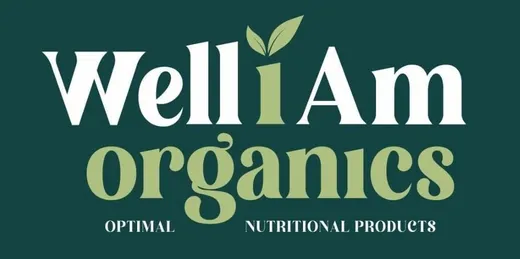Menu
African Black Soap (200g Bar)

African black soap is a type of natural, hand-made soap that’s ideal for those with oily or acneic skin types, though some can contain properties that are beneficial for severely dry skin. It’s been used in Africa for centuries, and is typically sourced from raw farm produce in West African regions. African black soap is handmade and used as a shampoo, face soap, and body bar. Its black color is due to the ash in the product.
Black soap is a dark colored cleansing bar. It is soft and porous and dissolves faster than most cold press soaps. Black soap produces a very rich lather and gives the skin a clean soft feel. Black soap clears up acne, eczema, blemishes and discolorations. Black soap is 100% natural, Organic and Vegan in origin and process.
How Black Soap is Made
The process of making African black soap is involved, but in the short version, plantain peels are dried under the sun. The skins (and/or palm leaves and cocoa pods) are then roasted in a clay oven to produce ash. Water is added to the ashes and filtered. Ingredients like Shea Butter, coconut oil, palm kernel oil, Cocoa Butter are heated and added, and hand stirred by local women for 24 hours. The soap solidifies and moves to the top, is scooped out and the mixture is set out to cure for two weeks.
Benefits of African Black Soap
- It’s antibacterial.
- It’s anti-inflammatory, the active ingredient in the ashes of the soap is sulfur, a potent antimicrobial and anti-inflammatory agent. The rough nature of the soap exfoliates the skin, and the sulfur kills bacteria and fungus on the skin.
- It’s moisturizing.
- It improves skin tone and texture.
- It helps with dandruff. The anti fungal and anti-inflammatory activity of the ash helps kill dandruff-causing yeast.

